Our work makes a difference
Discover the lasting impact of our efforts.
Discover the lasting impact of our efforts.
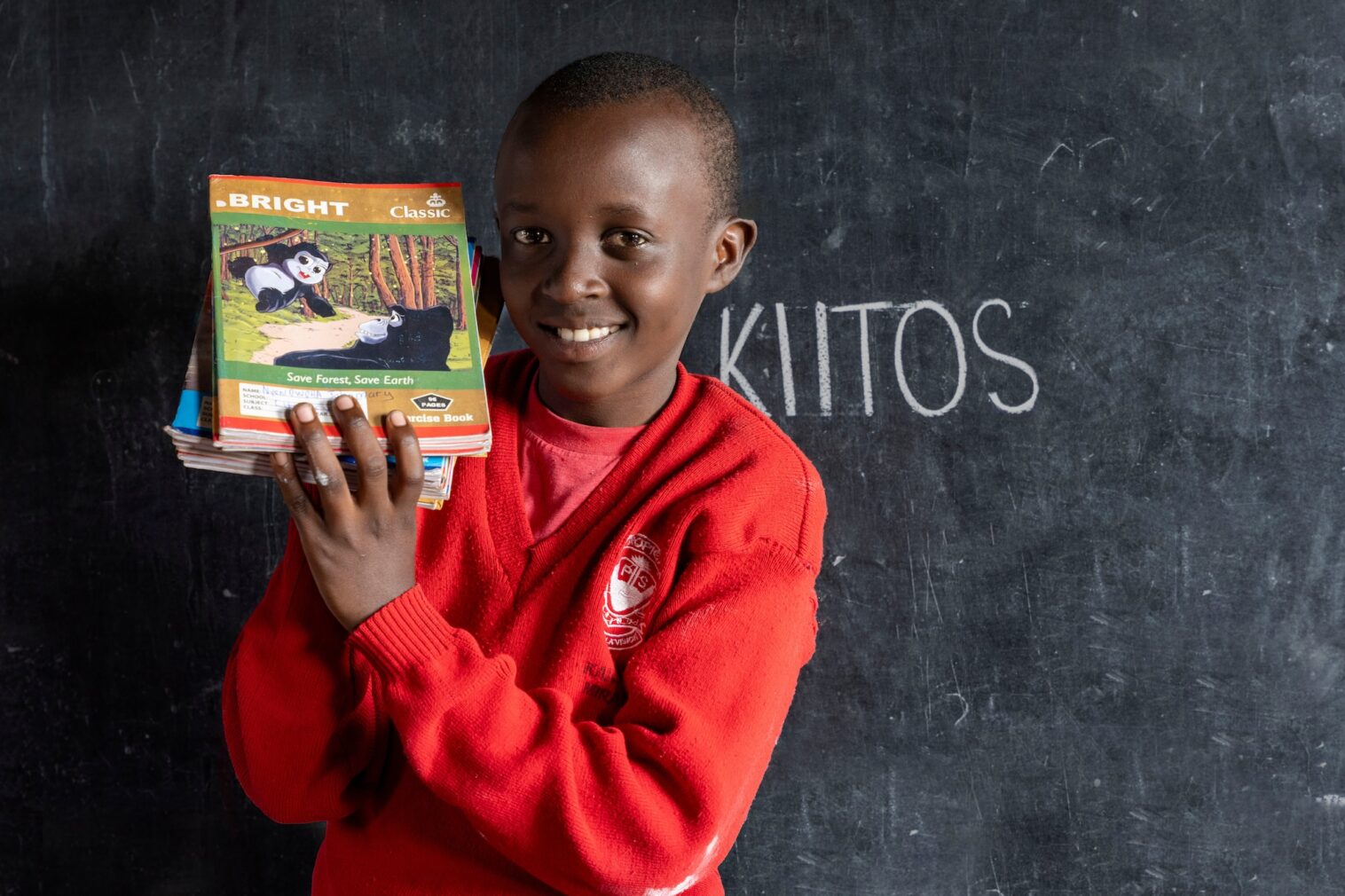
Figures from our work
Our Annual Report sums up our impact in 2024.
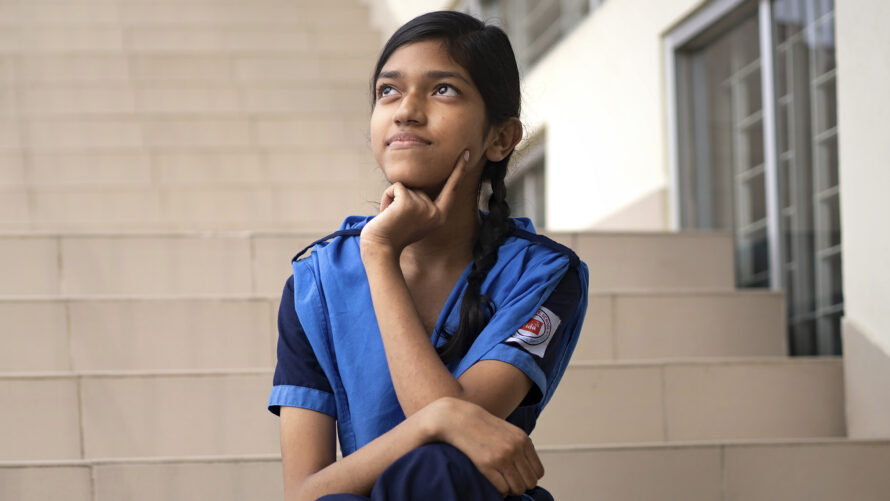

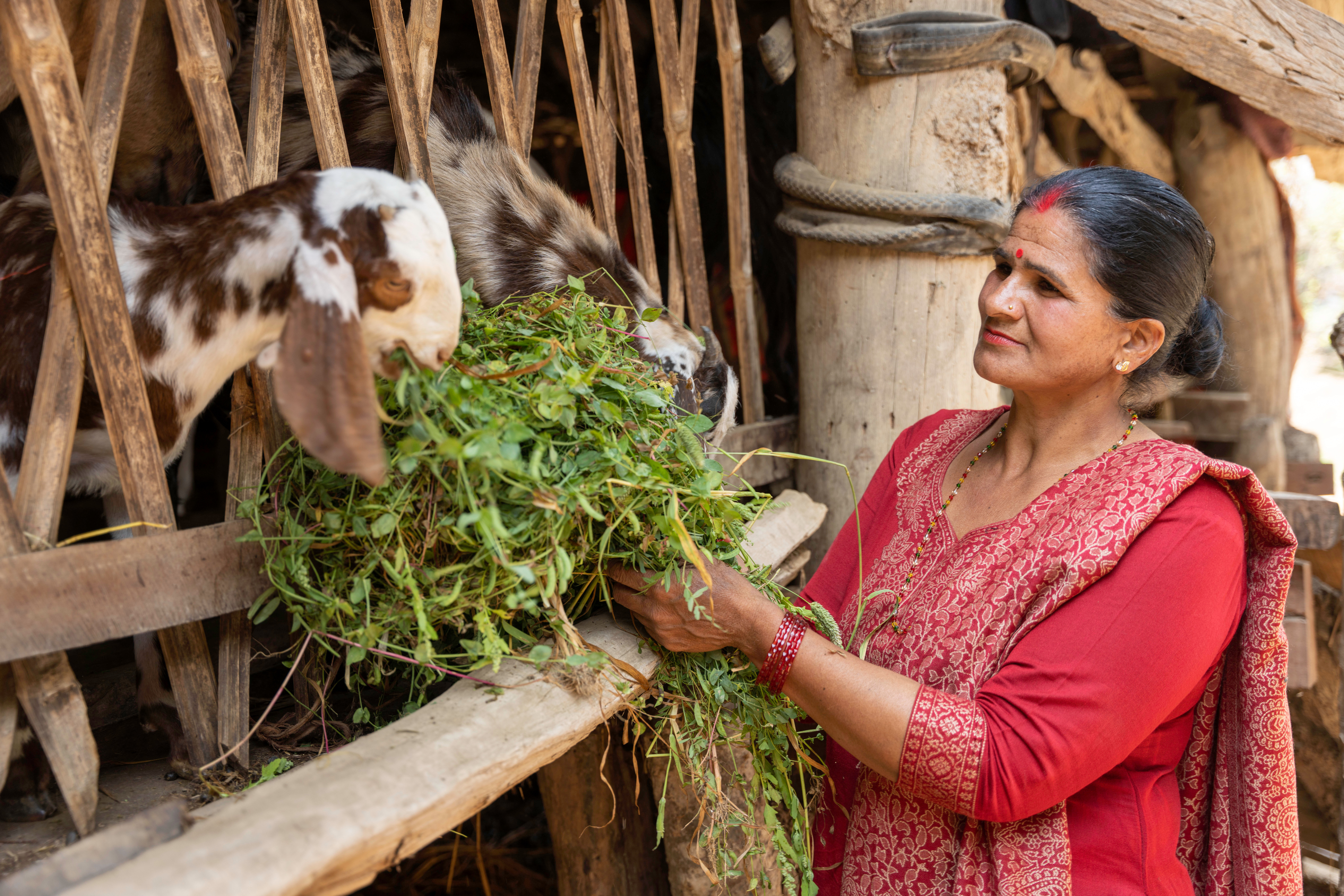

In 2023, almost a thousand small businesses were in established in our countries of operation with our support, and the support of our partners.
In Burundi, Tanzania, and Kenya, for instance, many have started businesses after receiving entrepreneurship training, especially using craft skills such as sewing.
In Nepal and Bhutan, we improved the farming skills of rural families by teaching organic farming, for instance.
Nepalese Krishna Bist and her husband Govind are examples of agricultural entrepreneurs who make their living from goat farming. They took part in entrepreneurship training organised in the region of Kailari, after which they began rearing and selling goats.
– We used to be financially dependent on others, but not anymore, Krishna Bist shares.
Their children have also benefited from improved finances.
– We used the proceeds from the sale of goats for living expenses and to fund our children’s education. Now one of our boys is an engineer and the other is studying for a bachelor’s degree.
Setting up small businesses raises families’ standards of living, improves nutrition, and enables children’s education.
In the long term, raising standards of living will promote the development of the entire community and break the cycle of poverty.
Businesses set up by people with disabilities help them escape poverty and help to positively shape opinions around disability within communities.
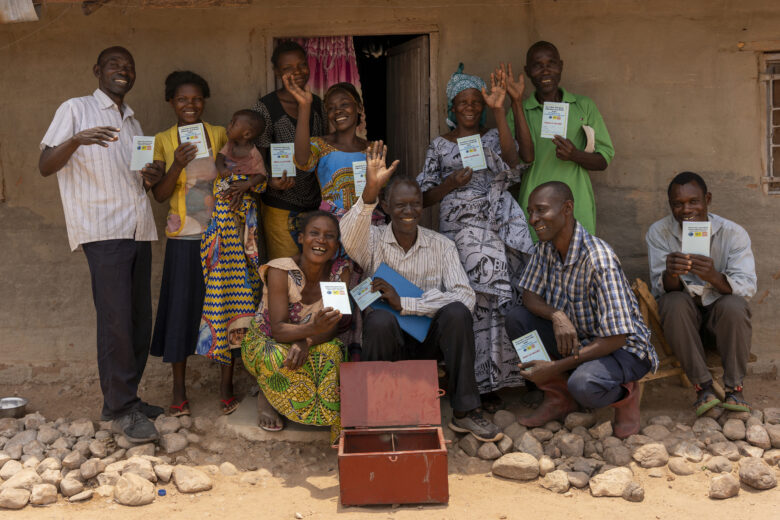

Savings and Loan Associations, such as table banking groups, encourage saving and enable small loans for those who would not otherwise be able to obtain one.
Associations are groups of 8-25 people, whose members first donate their own funds to a common pot. Subsequently, members may take out loans from the accumulated fund, which are repaid at interest. Capital that would not otherwise be available to many, such as in the Democratic Republic of the Congo (DRC), can be used for various purposes.
In the province of Tanganyika in the DRC, in the village of Kalenge, there is a table banking group called Umoja Ngufu.
One of the group’s members, Birgitte, used the loan opportunity to finance a significant issue:
– I built my own house with the savings of the group, Birgitte shares.
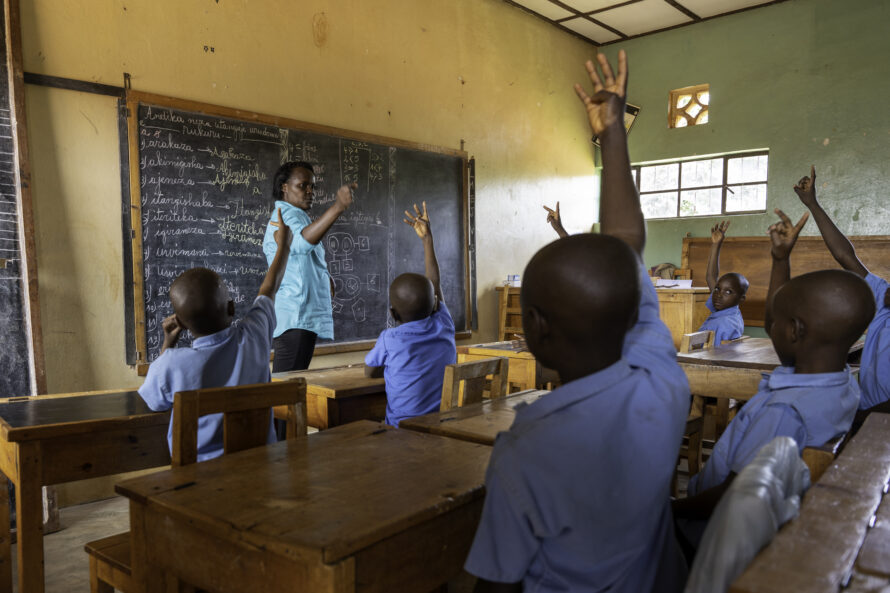

As a result of Fida’s work, more and more children with disabilities have been given the opportunity to go to school and learn in a safe environment. Over the years, many schools have made changes to improve accessibility, and teachers have received training in supporting children with disabilities.
As a result of our work, many families and communities have changed their attitudes, and there is a growing understanding of the rights of children with disabilities.
Additionally, many children have received aids, such as wheelchairs, enabling them to go to school. Inclusive education has allowed an increasing number of children with disabilities to participate and benefit from teaching on an equal basis with others.
Abayo, from Burundi, breaks down prejudices faced by children with hearing-impairments. Fida has supported sign language education in the Gitega region. As a result of just a little support, Abayo was able to begin his education journey.
– Previously, Abayo was restless, but now through his behaviour he shows to everyone in our community that those with hearing impairments can also study, the boy’s grandmother shares.
In Burundi, more that 350 teachers received training on inclusive teaching methods for people with disabilities in 2022.
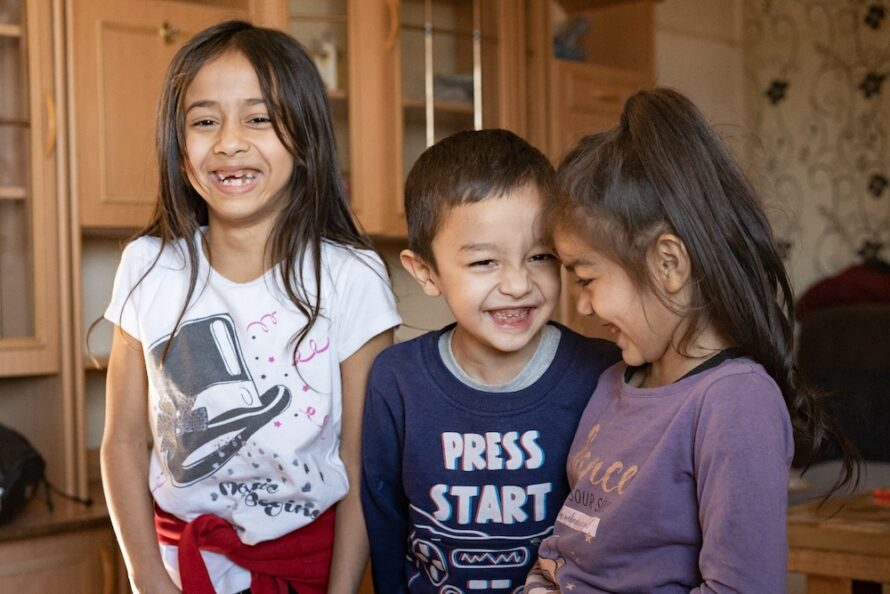

In the early 2000s, the Kiseljak Roma community in Bosnia was still living in extreme poverty, without water, electricity, or basic human rights. 60% of children did not go to school, child marriages were common, and begging was the most common form of livelihood.
In 2005, Fida began work advocating for the education of children in Kiseljak, alongside the Evangelical Church in Tuzla. The coordinator of Roma work, Elvira Kušljugić-Bijelić, says that after about ten years of work, clear results were being seen in Kiseljak. There was a new generation of school graduates who wanted to be involved in transforming their community. This was also noted by the school, social workers, and other authorities.
– Our work and its impact were beginning to be appreciated and many official bodies asked us to share our work experiences among the Roma community, Elvira says.
A few years ago, a community centre was established in Kiseljak, where city actors and Fida project experts work together for the Roma community. Elvira explains that currently in Kiseljak many families have at least one member who works or is a small entrepreneur. All children in the community complete basic education, and there has been an increase in those who further continue their studies. This is a cause for joy especially for girls, as further education reduces the incidence of early marriages.
Mothers participate enthusiastically in activities, such as various trainings.
– We work every day to improve the living conditions of the Roma. Issues with electricity and water are diminishing, and problems of sewage and wastewater are currently being addressed. This will further reduce the incidence of infectious diseases in the community.
– We can say that the story we are writing in Kiseljak has a happy ending.
Poljice, in the province of Tuzla in Bosnia, is a Roma community where people live practically from hand to mouth. 30% of the village’s inhabitants gain their income from collecting scrap metal, while others collect smaller recycled materials or beg for a living.
Schools, shops, and health care are hard to reach.
When Eldina Grabovic, a worker at the Evangelical Church in Tuzla, comes to the village to lead a club, children run excitedly to meet her. Club members are anxious to see what they will get to do together. They enjoy drawing and playing, among other activities. Eldina believes that the children also enjoy the atmosphere of love that exists in the club.
With the aid of Fida sponsors, Poljice’s schoolchildren get necessary clothing, school meals, school supplies, and transportation to school. Their school performance is also monitored, and they receive guidance in completing their homework. Eldina explains that there are already visible results from this work which started three years ago.
– All children in the village already start primary school. They have good grades and no longer have to repeat years of study.
Download reports in pdf format below: